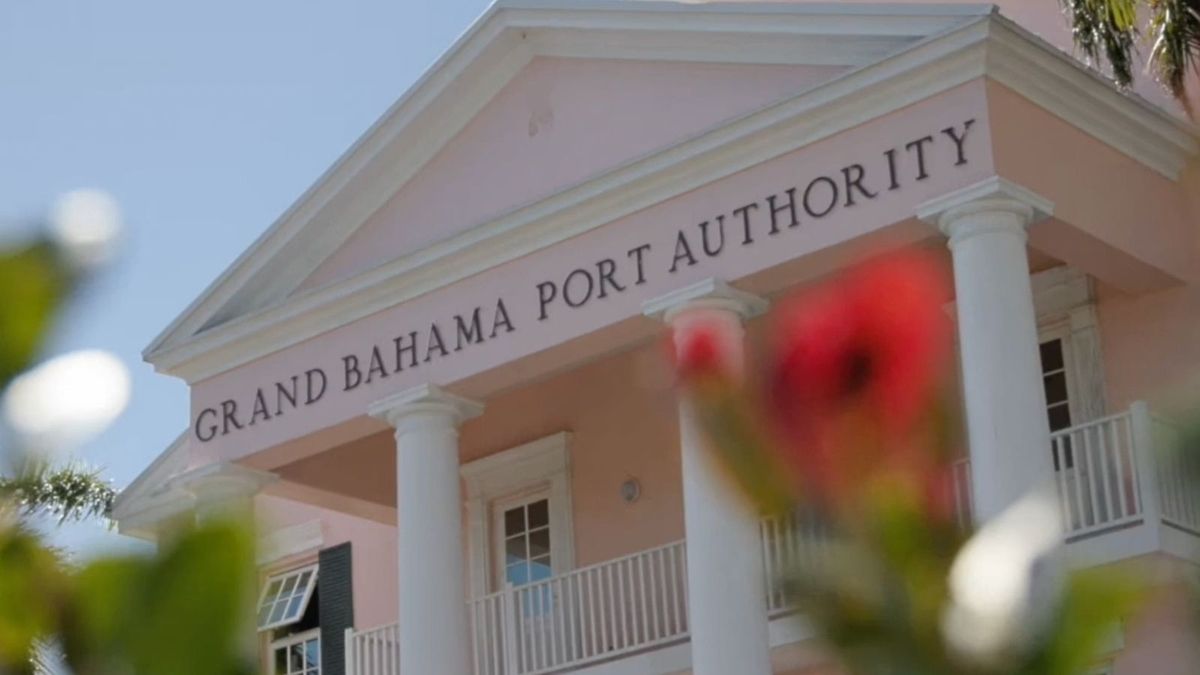Grand Bahama Port Authority Braces for $200M Govt Claim, Hires Top Attorneys

Amid growing tensions over financial demands, the Grand Bahama Port Authority (GBPA) has fortified its legal team by enlisting Fred Smith KC and Robert Adams KC, in anticipation of a £200 million claim from the Bahamian Government. This move comes as the government reportedly seeks reimbursement for public services in Freeport, claims that have escalated past £150 million and are expected to soar beyond £200 million.
AdvertismentLegal Titans Step In
As the dispute intensifies, both legal teams are preparing for a potential arbitration that could significantly impact Freeport's investment climate. While the GBPA has turned to its former external counsel and a well-regarded attorney within Freeport's community, the Government has sought representation from the London-based law firm, Simons Muirhead Burton.
This legal face-off underscores the high stakes involved, with both parties aiming to avoid a protracted legal battle that could deter investment and economic growth in the area.
Seeking A Peaceful Resolution
AdvertismentDespite the looming threat of arbitration, there remains hope for a negotiated settlement. Sources indicate that discussions between the legal teams are underway, with a series of meetings planned to explore potential compromises. This diplomatic approach is driven by the shared goal of preserving Freeport's burgeoning economic recovery, highlighted by significant investments in the Shipyard and Carnival projects.
The Grand Bahama Chamber of Commerce has echoed these concerns, stressing the importance of stability and confidence in Freeport's business environment.
Implications for Freeport's Future
This legal standoff is not just a dispute over finances; it's a pivotal moment that could define the future of Freeport and its governance. The heart of the matter lies in the Hawksbill Creek Agreement and the Government's interpretation of its financial obligations under the treaty. As both sides navigate this complex legal terrain, the broader implications for governance, investment, and economic development in Freeport loom large.
The resolution of this dispute will likely have lasting effects on the city's attractiveness to investors and its overall economic trajectory.
At this critical juncture, the actions and decisions of the involved parties will not only determine the immediate outcome of the £200 million claim but also signal the direction of Freeport's development and governance model.
The community watches closely, hoping for a resolution that fosters growth, stability, and prosperity for all stakeholders in Freeport.